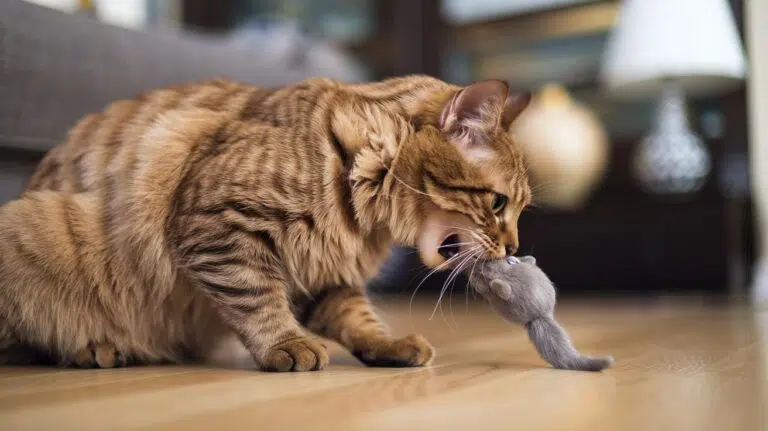Top 5 Essential Vitamins for Pets For Optimal Health
Why Your Pet Needs Essential Vitamins
Just like humans, pets require a balanced diet to thrive. Essential vitamins for pets play a pivotal role in maintaining their health, supporting their immune system, and preventing diseases. A deficiency in essential nutrients can lead to various health issues. Therefore, understanding which vitamins and nutrients your pet needs is vital for their overall well-being.
1. Vitamin A: Vision and Immune Health
Vitamin A is one of the essential vitamins for pets that contributes significantly to good vision and a strong immune system. It aids in maintaining healthy skin and coats, and is crucial for the formation of mucous membranes in the respiratory and digestive tracts.
Sources of Vitamin A include:
- Liver
- Fish liver oil
- Carrots
- Spinach
If you’re considering supplements, consult your veterinarian as excessive Vitamin A can be harmful.
2. B Vitamins: Energy and Nervous System Function
The B-vitamin complex includes several vitamins important for your pet’s metabolism and nervous system health. These vitamins help convert food into energy and are vital for maintaining a healthy coat and skin.
Key B vitamins include:
- B1 (Thiamine)
- B2 (Riboflavin)
- B3 (Niacin)
- B6 (Pyridoxine)
- B12 (Cobalamin)
Good sources of B vitamins are:
- Meat
- Eggs
- Whole grains
- Leafy vegetables
3. Vitamin D: Bone Health
Vitamin D is essential for pets as it helps regulate calcium and phosphorus levels in the body. This regulation is crucial for bone health, growth, and repair. Pets can synthesize Vitamin D when exposed to sunlight, but dietary sources are also important.
Foods high in Vitamin D include:
- Fish
- Egg yolks
- Fortified pet foods
Always ensure your pet has access to fresh water when feeding them dry food to help with the absorption of Vitamin D.
4. Vitamin E: Antioxidant Protection
Vitamin E acts as a powerful antioxidant that can help protect your pet’s cells from damage caused by free radicals. It supports immune function and maintains healthy skin and eyes.
Common sources of Vitamin E include:
- Vegetable oils (like sunflower oil)
- Nuts
- Spinach
- Fish
Adequate Vitamin E intake is important, but be cautious as too much can cause issues. Always consult your veterinarian before making any dietary changes.
5. Omega Fatty Acids: Skin and Coat Health
Omega-3 and Omega-6 fatty acids are vital for maintaining skin health, a shiny coat, and a properly functioning immune system. These essential fats can also reduce inflammation and improve joint health.
Foods rich in Omega fatty acids include:
- Fish oil (like salmon oil)
- Flaxseed oil
- Chia seeds
- Leafy greens
Supplements containing Omega fatty acids can be beneficial, particularly if your pet has skin issues, but always check with your vet first regarding dosages.
Conclusion: A Balanced Diet for Your Pet
The beauty of your pet’s health lies in a well-rounded diet rich in essential vitamins for pets. Ensuring they receive these critical nutrients will not only boost their immune system and energy levels but also enhance their overall quality of life.
Always consult with your veterinarian about your pet’s specific nutritional needs based on their age, breed, and health status. Regular vet check-ups will ensure any deficiencies are addressed promptly, keeping your furry friend happy and healthy for years to come.







